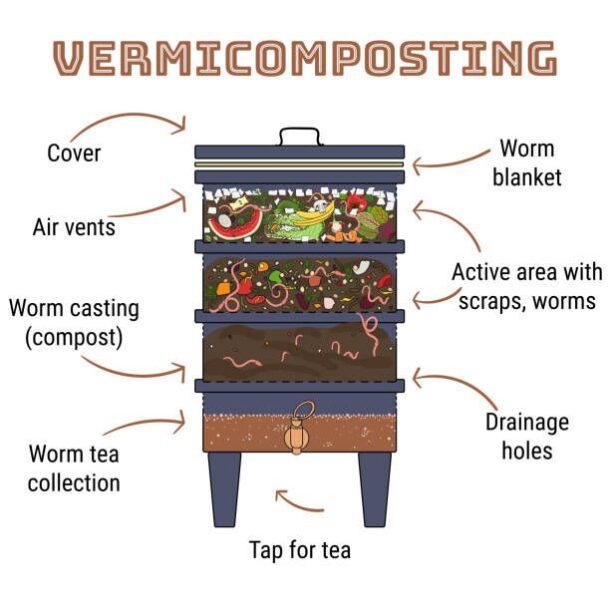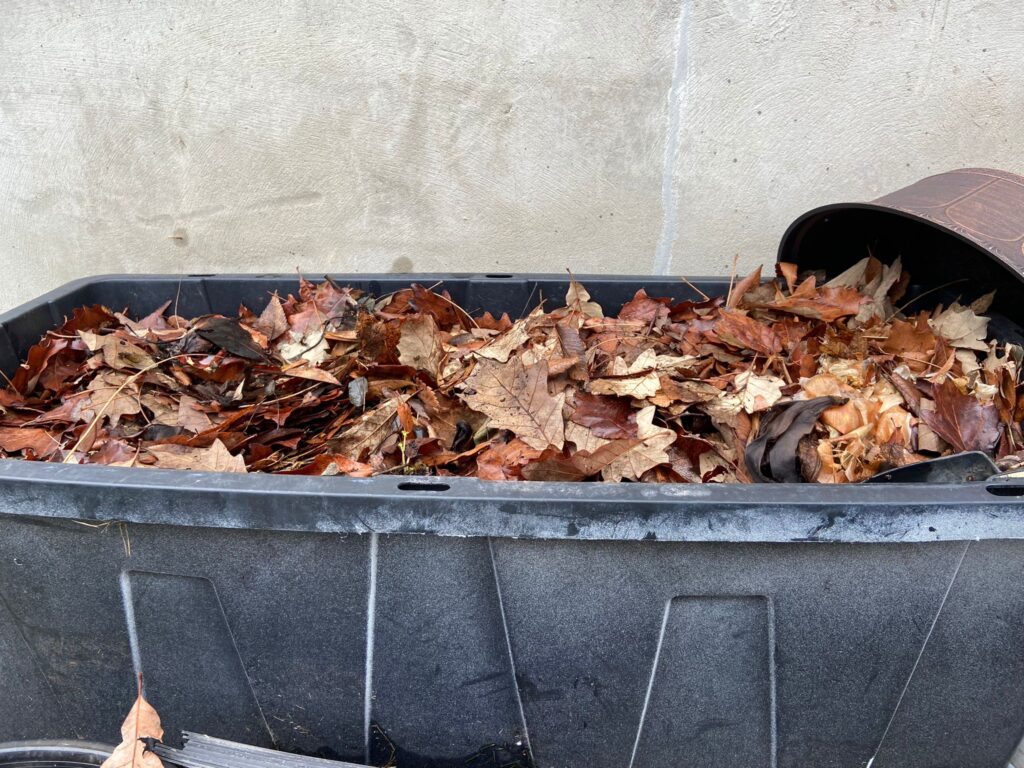

What is composting?
Compost is an organic material that can be added to soil to aid plant growth. Composting is the natural process in which the nutrients and minerals in scraps and wastes are recycled into a valuable fertilizer, which enriches the soil and furthermore plants. Composting essentially speeds up the decomposing process, done by worms, bacteria, and fungi by acting as an ideal environment for their work.
Importance of composting
Currently, 30 percent of what we throw away consist of food scraps and yard wastes. This results in landfills taking up more space and releasing methane, a potent greenhouse gas. The compostable material gets covered by massive amounts of other trash, cutting off an oxygen supply for decomposers. Like a chain reaction, anaerobic decomposition takes its place, which is the process of breaking down materials in the absence of oxygen. The biogas released due to this process consists of 50% of carbon dioxide and 50% of methane – both greenhouse gases. By 2000, San Francisco was able to divert 50 percent of its waste from landfills by composting, now raised to 80 percent. Meaning more than 90,000 meteoric tons of carbon emissions are avoided each year – equivalent to 20,000 passenger vehicle emissions. Likewise, composting reduces personal food waste, conserves water, improves soil health, and decreases erosion.
How to compost?
Composting is actually a very quick and easy process, which can be done even at your home! Steps to compost properly:
1. Collect all every day’s used items in a bag
2. Layer 1 – Dry leaves, paper
3. Layer 2 – used soil
4. Layer 3 – vegetable peels, eggshells, coffee grounds
a. When the material at the bottom is dark and rich in color, your compost is ready to use
*secret: earthworms play a crucial role in composting (vermicomposting)
Everyday scraps such as vegetable peels, eggshells, seeds, coffee grounds, used tea powder, brown paper, and more can be used to create compost. Instead of throwing these items away, collecting them and later using them for compost can enormously impact the world!
Results:
We have done a composting experiment at home with the help of my family and it gave great results! All the food wastes or scraps were used to make compost and the same was used for planting vegetables like tomatoes, green chilies, cucumbers, and plantain plants. The yield was much better compared to growing the same plants with store-bought fertilizer/plant food. The experiment became standard practice now at my home and we encourage all to follow to enjoy the benefits!
By Godasrita Dintakurti


© copyright 2022 by Recycle My Battery